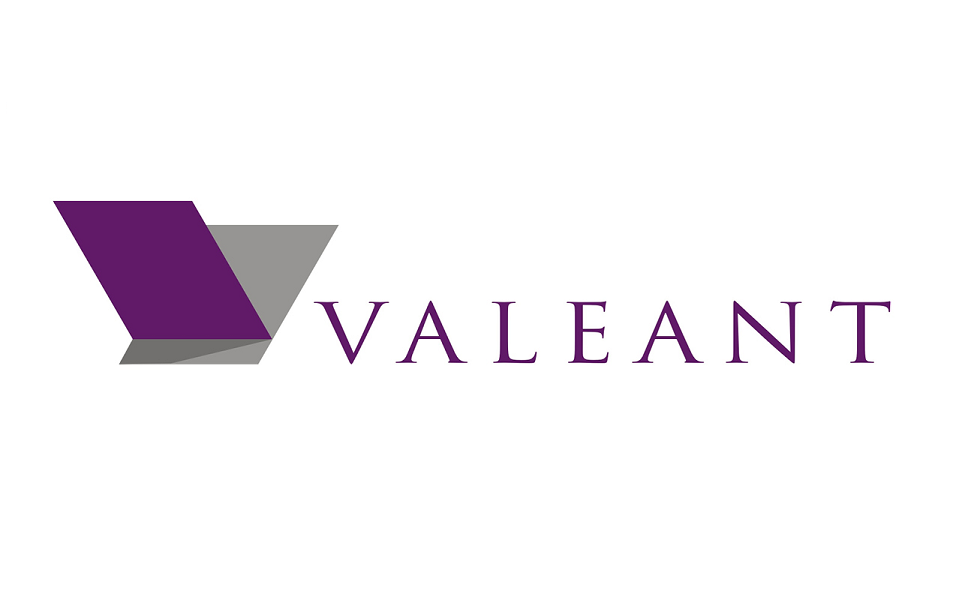Source: Real Money
Valeant Pharmaceuticals’ (VRX) new CEO Joseph Papa may have spoken too soon in his pledge to begin to curb drug prices that had been hiked to controversial levels — especially as the drugmaker’s roughly $31 billion debt package did not come without strings attached.
Lender-friendly covenants, such as ceilings placed on interest-coverage ratios, could easily be broken if Valeant falls so much as $200 million to $300 million short on its projected 2016 EBITDA, Veritas Investment Research analyst Dmitry Khmelnitsky said in a Monday phone interview with Real Money. (EBITDA is a standard valuation metric that stands for earnings before interest, taxes, depreciation and amortization.)
Since Valeant has already lowered its earnings outlook for 2016 twice, Khmelnitsky said he is “worried about Valeant being able to comply with covenants,” noting that if its EBITDA guidance of $4.8 billion for the year falls to $4.5 billion, lenders will be able to cash in on payouts the company will need to make to amend its credit agreements governing interest-coverage rates. (The covenant is governed by a ratio of Valeant’s trailing 12-month EBITDA over its interest expenses for the period.)
And with earnings set to roll out next Tuesday, Valeant shareholders will likely be given a peek into how well the struggling drugmaker — whose shares are down more than 90% over the past 12 months — is performing its delicate balancing act of selling off businesses, dropping prices, and refurbishing its tarnished brand.
Shortly after Valeant’s former CEO Michael Pearson attempted to atone for the company’s price hikes before the Senate Special Committee on Aging in April, its new leaders at the helm — including Papa, as well as newly seated board member Bill Ackman, the billionaire activist whose hedge fund Pershing Square has taken a beating on Valeant — promised “a lot is going to change,” to borrow Ackman’s words.
Such changes will include, according to Papa, bringing down prices on acquired drugs that Valeant gobbled up through a spree of debt-fueled acquisitions over the past few years — hikes so exponential they caught the ire of Congress and the SEC last fall, with Valeant specifically mentioned in the Big Pharma reform advocated by contenders for the Democratic presidential nomination at the time: Senator Bernie Sanders as well as eventual nominee Hillary Clinton.
But if EBITDA falls short in Valeant’s earnings forecast next week, meaningful price cuts will likely be pulled off the table, Khmelnitsky added, noting “they could break covenants” if EBITDA falls short by $200 million to $300 million of current guidance, leading to a “nightmare scenario” for shareholders as lenders begin to bargain for amendment fees. Valeant has previously had to amend its credit agreement this year, after failing to timely file its annual 10-K statement with the SEC, due to accounting practices tied to a former partnership with mail-order pharmacy Philidor Rx Services.
In April, creditors of a $1.6 billion tranche of bonds coming due in 2018 negotiated to relax Valeant’s interest-coverage rate to 2.75x from 3x to avoid technical default.
But if a second amendment is required, lenders will likely be able to command more substantial concessions given Valeant’s precarious position at the bargaining table, Khmelnitsky added.
“I don’t see them being able to meaningfully cut prices, because they need to manage EBITDA for the debtholders,” he concluded. (Veritas Equity Research is a Canadian equity-research firm that maintains a Sell rating on Valeant and $22 price target vs. the consensus average of roughly $35.)

